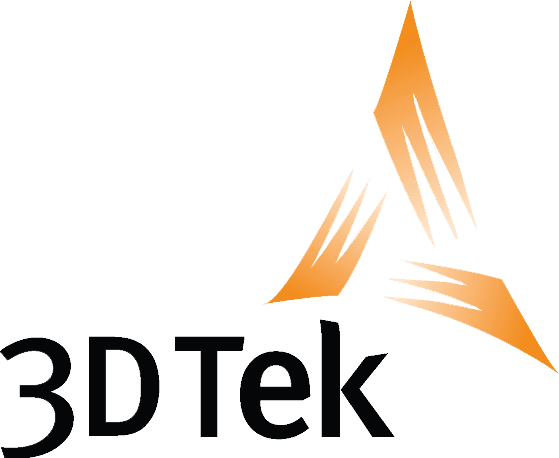Technology has played a pivotal role in transforming how patient data is managed and utilized. One of the most significant advancements in this regard has been the development and widespread adoption of Electronic Health Records (EHRs). These digital repositories of patient information have revolutionized the way healthcare providers deliver care, streamline operations, and improve patient outcomes.
In this post, we'll delve into the evolution and impact of EHRs in the healthcare industry, exploring how they have reshaped the delivery of healthcare services and improved patient care.
The Evolution of EHRs
The concept of electronic health records can be traced back to the 1960s when hospitals began experimenting with computerized patient records. However, it wasn't until the late 20th and early 21st centuries that EHRs started gaining widespread acceptance and usage. Early EHR systems were rudimentary, often consisting of basic digital versions of paper charts.
Over time, advancements in technology, particularly in information technology (IT), led to the development of more sophisticated EHR platforms capable of storing, managing, and exchanging vast amounts of patient data securely.
Key Features and Benefits of EHRs
Modern EHR systems offer a wide range of features and benefits that have revolutionized healthcare delivery. Some of the key features include:
Centralized Patient Data: EHRs consolidate patient information, including medical history, medications, lab results, and treatment plans, into a single, easily accessible digital record.
Improved Efficiency: By digitizing patient records, healthcare providers can streamline administrative tasks such as scheduling appointments, managing billing and claims, and accessing patient information, leading to increased efficiency and productivity.
Enhanced Communication: EHRs facilitate seamless communication and collaboration among healthcare providers, allowing for better coordination of care and reducing the likelihood of errors or duplicative tests.
Clinical Decision Support: Many EHR systems incorporate clinical decision support tools that provide healthcare providers with real-time guidance and recommendations based on evidence-based medicine, helping to improve diagnosis and treatment outcomes.
Patient Engagement: EHRs empower patients to take a more active role in their healthcare by providing access to their own medical records, lab results, and treatment plans. This promotes transparency and enables patients to make informed decisions about their care.
The Impact of EHRs on the Healthcare Industry
The widespread adoption of EHRs has had a profound impact on the healthcare industry, influencing various aspects of healthcare delivery and patient care:
Quality of Care: EHRs have been shown to improve the quality and safety of patient care by reducing medication errors, enhancing clinical decision-making, and facilitating evidence-based practices.
Efficiency and Cost Reduction: EHRs help healthcare providers operate more efficiently by automating administrative tasks and streamlining workflows, leading to cost savings and improved resource allocation.
Interoperability: Interoperability, or the ability of different EHR systems to exchange and use patient data seamlessly, remains a challenge. However, efforts are underway to promote interoperability through initiatives such as the use of standardized data formats and protocols.
Data Analytics and Population Health Management: EHRs generate vast amounts of data that can be leveraged for analytics and population health management initiatives. By analyzing trends and patterns in patient data, healthcare organizations can identify at-risk populations, improve care delivery, and reduce healthcare disparities.
The Role of IT Digital Health Recruitment Firms In The Digital Healthcare Industry
As the healthcare industry continues to embrace digital transformation, the demand for skilled IT professionals, including developers, data analysts, and cybersecurity experts, has surged. IT recruiters play a crucial role in helping healthcare organizations identify and attract top talent with the skills and expertise needed to implement and maintain EHR systems effectively.
By partnering with an IT digital health recruitment firm like 3D Tek specializing in the healthcare industry, organizations can ensure they have the best talent in place to support their digital initiatives and drive innovation.
The evolution and widespread adoption of Electronic Health Records (EHRs) have transformed the healthcare industry, improving efficiency, enhancing patient care, and driving innovation. While challenges remain, including interoperability and data security concerns, the continued advancement of EHR technology holds promise for further improving healthcare delivery and outcomes.
With the support of skilled IT professionals recruited by specialized recruiters, healthcare organizations can navigate the complexities of the digital landscape and harness the full potential of EHRs to deliver high-quality, patient-centered care!









